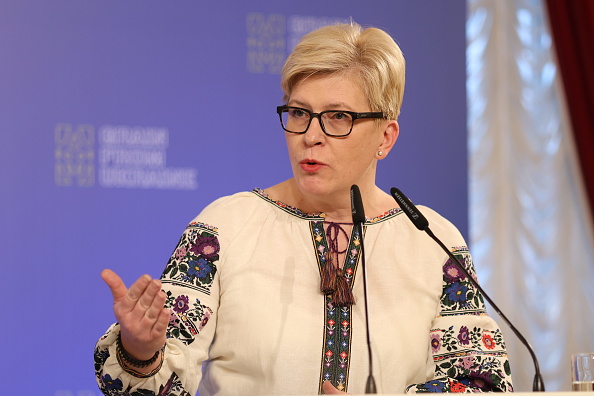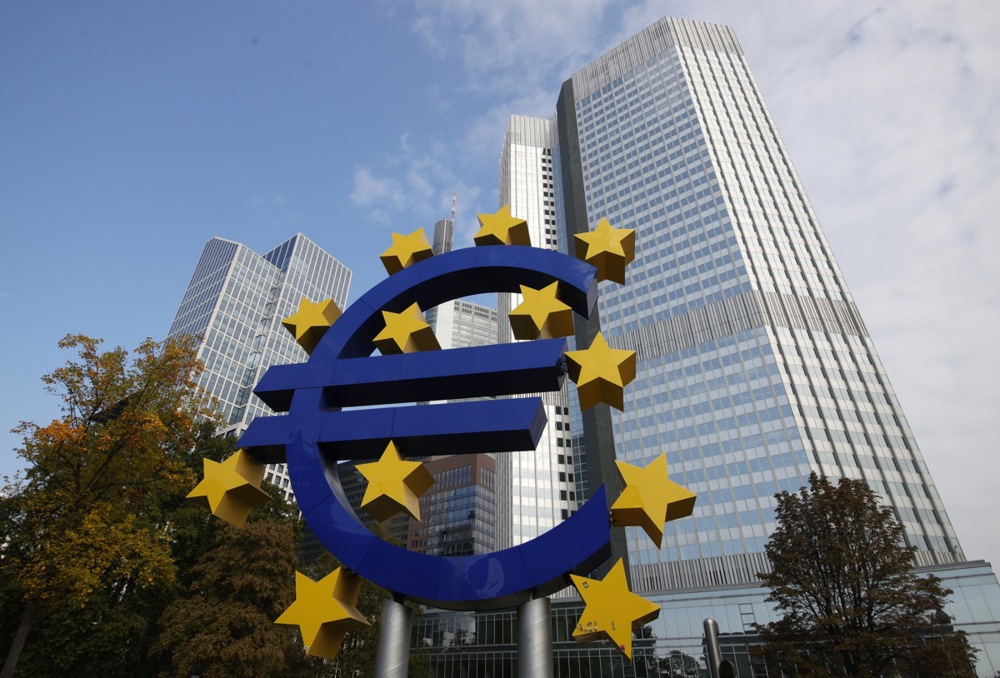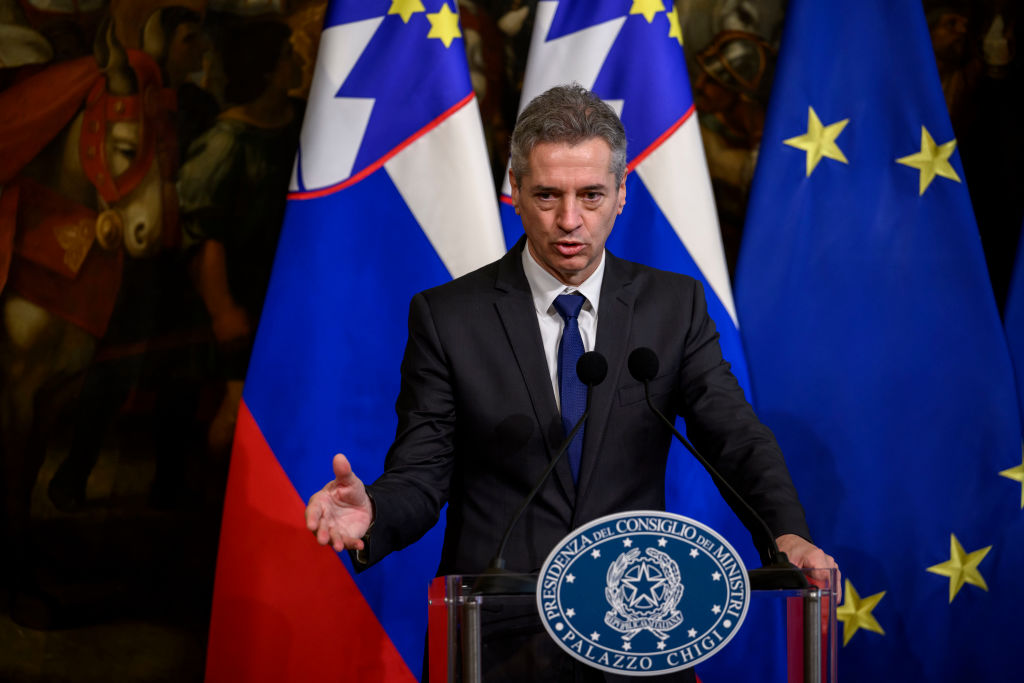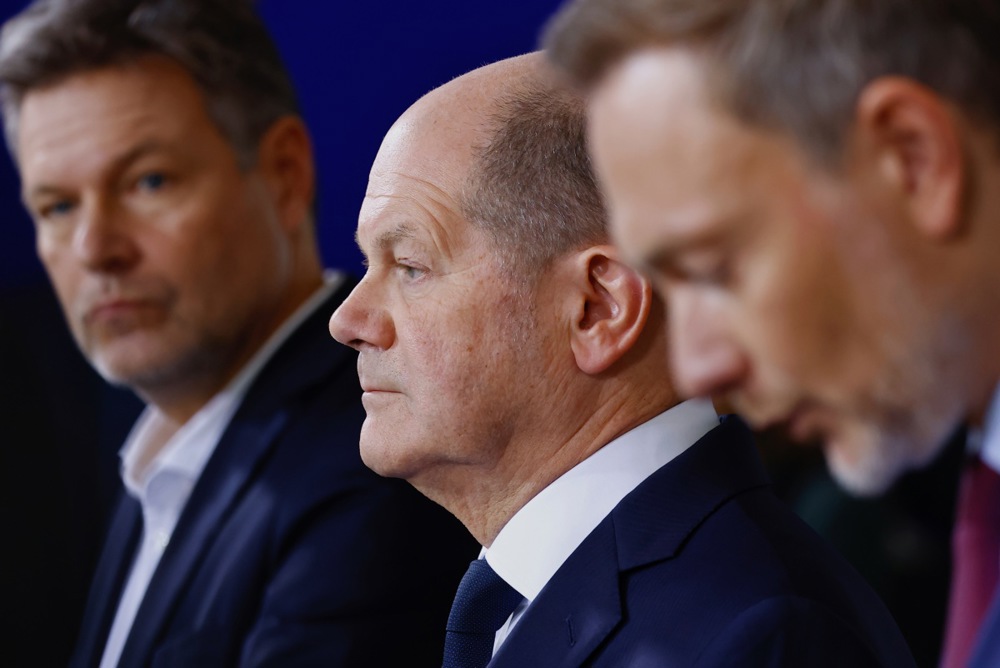Germany’s Government risks collapse amid a budget crisis that has put coalition partners sharply at odds, according to political experts.
Allowing such a collapse would “be political suicide” for the three parties in Berlin’s so-called “traffic light coalition”, Thomas Falk, a journalist specialising in German politics, told Brussels Signal.
The budget crisis – involving a potentially €60 billion funding gap – sees Social Democrats (SPD) and Greens wanting to keep up their spending pledges, while the fiscally conservative Free Democrats (FDP) strongly opposes suspending what is a legally-binding debt brake.
The pro-market FDP “insists on balancing the budget and restoring the debt brake as soon as possible, without raising taxes or cutting spending on key areas such as education, health and defence”, said Stefan Holitschke, a consultant based in Hanover.
The SPD and the Greens, on the other hand, argue “the debt brake is outdated and too rigid, and that Germany needs to modernise its fiscal framework”, he said.
Instead, they prefer a more flexible approach that “allows for more borrowing and investment, especially in climate protection and digitalisation”, Holitschke added.
Germany’s fiscal crisis began in November when the Federal Constitutional Court ruled the national Government could not apply unused COVID pandemic-era funding to next year’s budget.
Maintaining spending in spite of the resulting hole in the budget raises problems in the light of Germany’s debt brake – which limits the national deficit to 0.35 per cent of GDP, except in cases of emergency or recession.
Currently, the Government plans to do the former and suspend the debt brake for 2023 by declaring it a year of emergency. It had hoped to rely on a supplementary budget to plug the possible €60 billion gap.
The 2023 supplementary budget is “extremely problematic under constitutional law”, Germany’s Federal Court of Audit ruled a couple of days ago, throwing those plans into chaos.
The burning question now is whether the FDP will go so far as to leave the coalition over its commitment to the debt brake.
Michele Chang, professor of European politics at the College of Europe in Brussels, said a possible reason for it to do so was that the brake was “its defining political project and there is no replacement for it in the short-term – if the FDP doesn’t stand for fiscal responsibility, what does it stand for?”
She added: “I don’t think that the FDP will change its position on the debt brake.”
Josef Lentsch, Berlin-based founder of the political online magazine PartyParty, said he felt “the risk of the FDP bolting is very low”.
After a lengthy period in opposition, the party’s leadership “wants to govern, for now”, he said.
Lentsch said the FDP leadership “has no appetite for opposition, there is no alternative to Lindner, and there is at present not a strong enough pressure from the base”.
He added: “The equation might change if FDP stays in the ‘death zone’ around 5 per cent for too long,” referring to the point in the polls at which a party is at risk of getting too few votes to be represented in Parliament in an election.
If the FDP does choose to exit the coalition, the other two parties either could call an election or carry on in a minority Government.
Both these possibilities carry great risks although elections now would be “a disaster for all governing parties involved”, said Falk.
The centre-right Christian Democrats, now in opposition, “would be destined to move back into the chancellery … and the Greens or SPD would once again be relegated into a junior partner role”, he added.
Holitschke said all three current coalition partners “are struggling mightily in polls – the SPD with 15 per cent, and Greens at 15 per cent, while the FDP is currently at a mere 5 per cent”.
The right-wing populist party AfD’s current strong polling also raises the possibility it could make major gains, making it harder for other parties to form a new government without it.
Another possibility, said Chang, was that “a minority government is possible in order to avoid new elections, but that is a stop-gap political measure”.
Particularly so since Germany’s economic model is “broken and needs serious reform”, with infrastructure spending neglected, she added.
Minority governments are extremely rare in Germany at the national level.
A “genuine minority government existed only twice since 1949 – Erhard in 1966 and Schmidt in 1982”, said Falk.
Lentsch said Germany “hates minority governments”.
An equally sombre possibility is that “the coalition will remain intact until the next regular election in 2025”, according to Falk.
“But they will continue to attack each other, display an utter lack of cohesion, and thus utterly fail to ‘reinvent’ Germany as they had intended,” he concluded.





